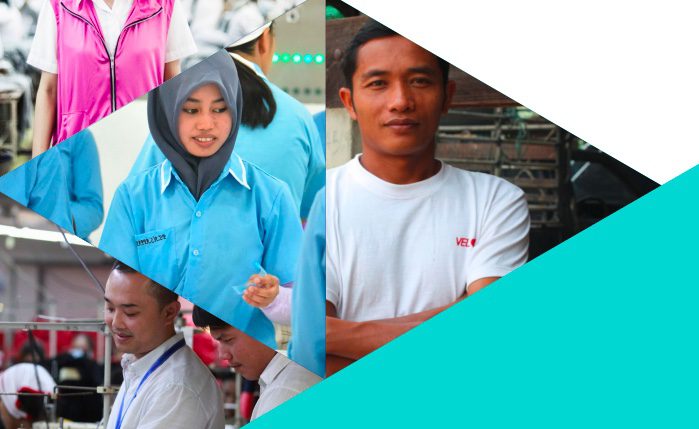
Regional operational guidelines on fair and ethical recruitment in ASEAN
Improving regulation and enforcement: A resource for regulators
Introduction
In today’s globalized economy, workers are increasingly looking for job opportunities beyond their country of origin, in search of decent work and better livelihoods. Recruitment is a major function of the labour market where employers seek workers and workers seek jobs. Employers have three strategies to recruit workers (and workers to find jobs): (i) directly through job announcements and screening; (ii) through public employment services; and (iii) through private intermediaries that include licensed recruitment agencies, unregistered brokers and informal social networks.
Private recruitment agencies perform a useful labour market matching function. Job information can be a rare commodity in the labour market – employers know what skills they need but not where to find them; while the workers know their skills but not who is in need of them. Intermediaries such as recruiters play a role in resolving this asymmetry of information. In the real world, however, the operation of the recruitment market is highly imperfect, and can be characterized by exploitative practices, fraud and abuses. These imperfections have been particularly damaging to the interest of workers seeking jobs across national borders.
Widespread evidence exists that the migration recruitment industry is responsible for numerous abuses that erode the benefits of migration for workers. Recent surveys supported by the ILO confirm what is already well known: that recruitment costs are excessively high and exceed legal limits. Several Asian countries of origin have extensive regulations governing licensing and operation of recruitment for overseas employment, yet progress in achieving fair recruitment has been elusive.
The ILO has undertaken research in 2020 on the efforts of the Member States of the Association of Southeast Asian Nations (ASEAN) to foster fair and ethical recruitment, resulting in a resource paper to inform both the development of guidelines on fair and ethical recruitment in ASEAN and the conduct of a training course for regulators. The resource paper maps the laws and regulations of these Member States, and moreover the enforcement mechanisms they have employed, and reviews evidence of the results they may have achieved.
These regional guidelines have been developed within the framework of the ILO General principles and operational guidelines for fair recruitment and focus on implementation and enforcement, with respect to international migration. The regional guidelines have been developed as a resource for regulators in the ASEAN region and have been reviewed in the course of two training programmes for regulators from Cambodia, the Lao People’s Democratic Republic, Malaysia, Indonesia, Viet Nam and Bangladesh in 2022. The regional guidelines apply to both countries of origin and destination, depending on the context.
Read or download full guide here.
